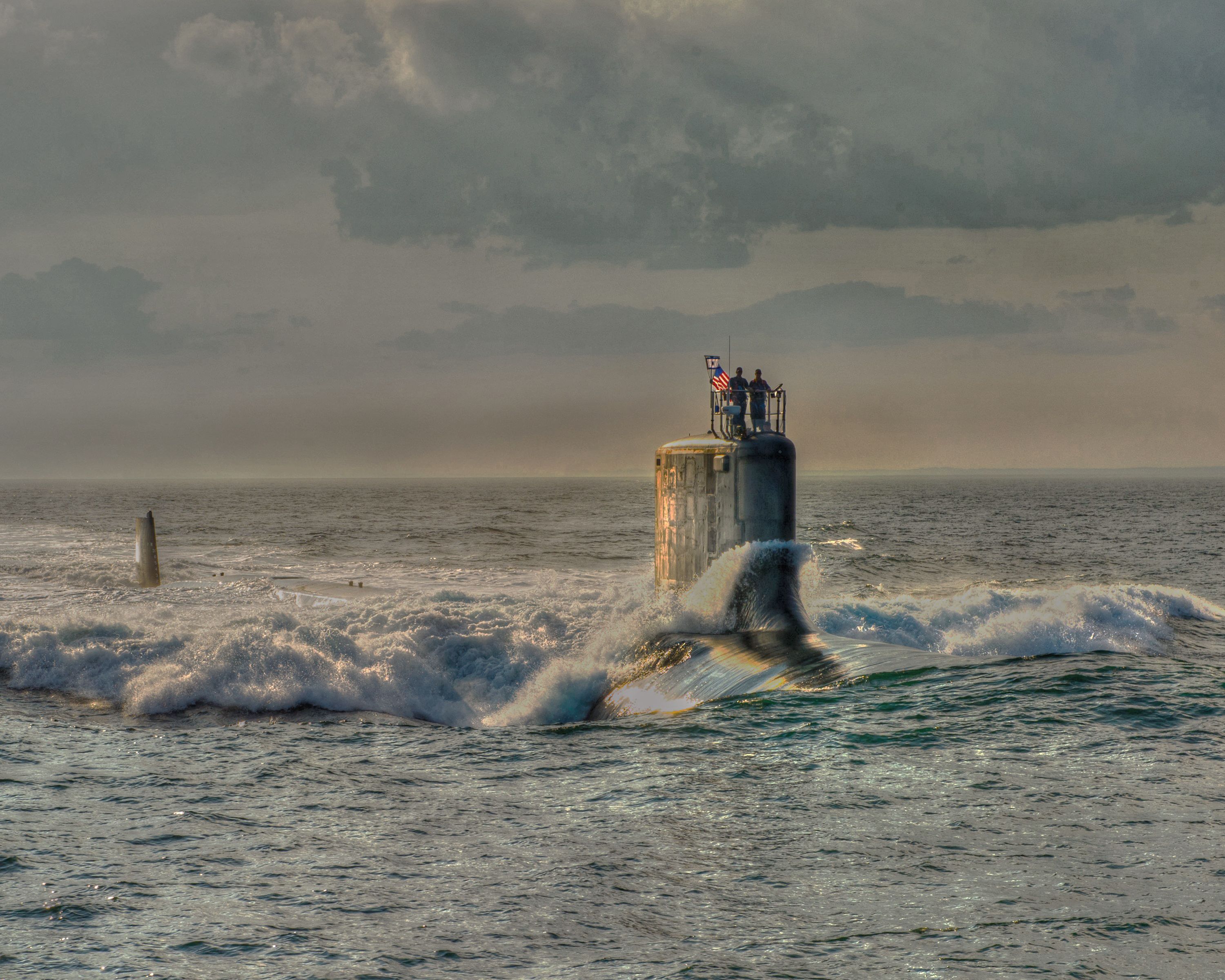by Tom Switzer
After the passage of his sweeping healthcare reforms, Barack Obama is turning his sights to combating global warming. This month, the US Senate is expected to take up a comprehensive environmental bill, albeit one heavily laden with subsidies and concessions to industry and off-shore drillers, and the President is encouraging several Republicans and centrist Democrats to support it.
All the signs, however, indicate that the new climate and energy legislation from senators John Kerry, Lindsey Graham and Joe Lieberman won’t pass before November’s congressional elections.
Failure would not only hurt the Democrats’ legislative agenda. It would also have global ramifications, dramatically diminishing the prospects for Kevin Rudd’s emissions trading scheme in Australia as well as a post-Kyoto international agreement in Mexico City later this year. It was not supposed to be this way.
When he campaigned for the White House, Obama pledged to introduce a comprehensive cap-and-trade system – another term for what we call an ETS – that would slash US greenhouse gas emissions by 80 per cent of 2005 levels by 2050. The signs looked encouraging for the new President last June when the House of Representatives narrowly passed a bill, named for its co-sponsors Henry Waxman and Ed Markey.
To be sure, the pork-plagued bill capped greenhouse gases at only 17 per cent from 2005 levels (or 4 per cent from 1990 levels) by 2020. But the legislation was nonetheless seen as an important step in reducing America’s carbon footprint. A “new era,” Obama declared, had dawned. “We understand the gravity of the climate threat. We are determined to act.”
That was then. The recession, the record snowstorms, the massive Tea Party rallies, the mounting industry opposition, the climate-gate and glacier-gate scandals, failure to reach a legally binding global deal at Copenhagen – these have dampened the political climate for a new climate law. Al Gore’s moment has come and gone.
Without a filibuster proof-majority in the Senate, 60 votes are effectively required to pass legislation. The President needs to win over not only a few Republicans but also several Democrats from plains, mid-west and southern states that are heavily dependent on coal and manufacturing. In Washington, climate politics is just as much about geography as partisanship.
In recent weeks, Obama has championed the new bill’s plans to expand off-shore drilling and nuclear power generation. But however much the White House and the architects of Senate legislation try to court sceptics, the chances of a climate law remain small.
For one thing, environmental groups and liberal Democrat senators, especially from ocean-side states, are strongly opposed to off-shore drilling. And although conservatives are largely in favour of ending the ban – remember Sarah Palin’s “drill, baby, drill” catchphrase during the 2008 election – many Republicans warn that Obama’s proposal is too modest.
Polls, moreover, show rising scepticism of the science of man-made climate change. A December 2009 Harris poll found that only 51 per cent of Americans think there is solid evidence that the Earth is getting warmer, down from 71 per cent two years ago.
The number of Americans rating climate change as a major policy priority at a time of 9.7 per cent unemployment and when China and India are chugging along the smoky path to prosperity is also dropping dramatically.
So much so that emissions trading has fallen out of favour in Washington. Obama’s Interior secretary Ken Salazar recently said: “I think the term ‘cap-and-trade’ is not in the lexicon anymore.”
Meanwhile, climate change fatigue is setting in all over the globe. The governments of China and India insist they won’t join the West in what they see as an economic suicide pact. In France, the Sarkozy Government recently shelved plans to introduce a carbon tax. In Germany, polls show only 42 per cent worry about global warming. In the European Union, the ETS has been a victim of fraudulent traders and done little to curb emissions. In Canada, the ETS is stalled in legislative limbo. And in Australia, Tony Abbott’s “direct action” plans are more popular than Labor’s tax that dare not speak its name.
In this changing climate, why on earth should the US unilaterally make carbon cuts that would cause economic pain for no environmental gain? It’s a question that President Obama and his Senate allies will struggle to answer this election year.
Tom Switzer is a research associate at Sydney University’s United States Studies Centre.




.jpg?rect=0,80,3000,1989&fp-x=0.5&fp-y=0.44772296905517583&w=320&h=212&fit=crop&crop=focalpoint&auto=format)
